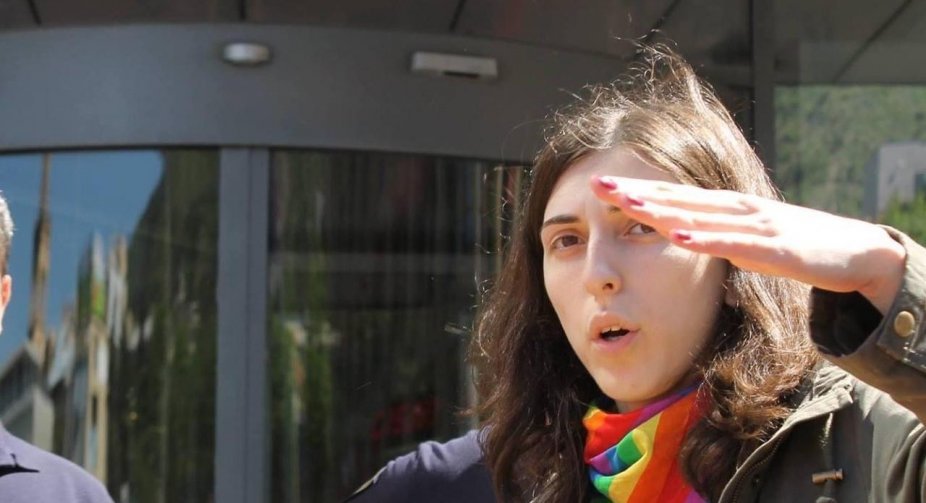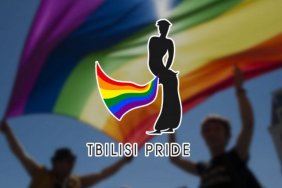Mariam Kvaratskhelia said that there are still many problems for the rights and equality of LGBT people, with homophobia, discrimination and violence major problems. However, she stated that a recent study by Women's Initiative Support Group (WISG) has given grounds for optimism as progress has been observed in the public attitude towards the community compared with 2016.
Kvaratskhelia suggested that despite the progress, sexual minorities are still unable to walk freely and be visible.
“There are big problems in terms of protection of their rights. I think this is the result of the activities of radical, anti-LGBT groups. The moves of the Georgian Patriarchate and the conservative authorities, unfortunately, are also encouraging the negative mood towards the members of the community.”
Kvaratskhelia claimed that “several representatives of the far-right groups,” who attacked journalists back in July 2021 during Tbilisi Pride, “did not represent the general attitude of the Georgian people.”
“They are politically engaged, largely Russian-funded groups whose main driving force is homophobia.”
Kvaratskhelia stated that according to the WISG survey, 47 percent of the population says protecting LGBT rights was important and did not support violence.
- What was like the post July 5 period for LGBT community members and their supporters?
The post-July 5 period was very difficult for members of the LGBT community. In fact, for several months, the community members were unable to take to the streets. However, we are slowly recovering from the wounds. We understand that the fight for equality and LGBT rights is not easy. The recent study, which depicts positive moves in the public attitude, gives hope that the violence which was observed in July of the last year will not be repeated.
- Have you felt an increased support following the incident?
Yes, we felt strong support not only after July 5, but also before July 5. We felt unprecedented support from clubs, businesses, startups, and about 100 institutions expressing solidarity with us in their posts, banners, pictures, in various ways. As for the post-July 5 rallies, on July 6 we saw that up to 7,000 people appeared in front of the Georgian Parliament and condemned the violence which was committed by homophobic grounds. I do not remember so many LGBT flags were flying in front of the state legislature.
- What are your plans for May 17?
This year, we celebrate May 17, the International Day Against Homophobia, by holding a panel discussion, a conference which will be attended by more than 100 people. We will talk about the achievements and challenges. At the end of July, the organization Tbilisi Pride is planning a Pride Week in the Georgian capital which will include three main events: a film screening, the regional LGBT conference which will be attended by representatives from Ukraine, Moldova, Armenia, Azerbaijan, Turkey and Georgia, LGBT activists, NGOs. In the current geopolitical context, we think that discussion, dialogue and sharing of existing experiences are important, and the third - Tbilisi Pride Festival, which will be quite large, in an open space, but in a closed, private festival location with about 4,000 participants. Such a festival was also held last year. We will assemble members, supporters of the LGBT community. There will be concerts, performances, exhibitions, day and night events. In this way, we will express support for each other as a community, we will strengthen the movement even more. Tbilisi Pride is working very actively with the members of the community, as well as with their families. We also work with Georgian legislators.
- What are the results being achieved so far?
We are moving forward with slow, cautious steps. We are meeting with parliamentarians, representatives of both the majority and the opposition. We are trying to explain to them what problems we have to face, why it is important to work in this direction. The main goal is to create an LGBT support group in parliament composed of more or less sensitive parliamentarians, with whom we will work actively and they will be our voice in the state legislature.
We signed a memorandum with 15 political parties last year which is important. We are campaigning to raise awareness to change attitudes as much as possible, and to overcome the hatred and aggression that exists. We are working to increase support in both the civil and business sectors.

